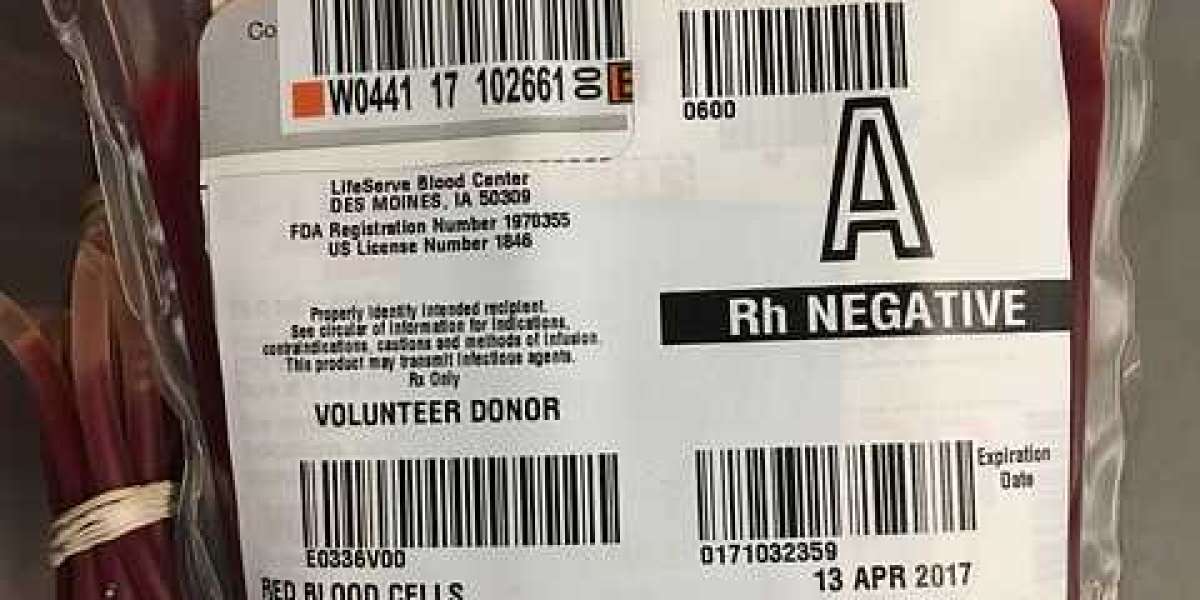Canadian scientists have successfully altered the blood type of human organs intended for transplantation for the first time.
Scientists have disclosed a method for creating "universal" human organs that can be transplanted into anyone of any blood group in the scientific journal Science Translational Medicine.
In collaboration with the University of Minnesota Aimer Transplant Center, researchers at Latner Thoracic Surgery Research Laboratories have demonstrated that it is possible to safely modify blood types in donor organs prior to transplantation.
Because their blood does not include agglutinogen (proteins A and B), donors with blood type "0" are deemed universal because their blood is suitable for all patients, including those who have the most unusual blood group, "AB."
With the help of the enzymes FpGalNAc deacetylase and FpGallactosaminidase, Canadian researchers were able to convert the blood group of transplanted organs to "0" by liberating it from certain antigens.
the introduction of particular antigens into the mix
They tested this approach on aorta tissue at the start of the trial and were able to successfully remove group A proteins in eight lung samples by the end of the experiment. It took around four hours for the enzymes to completely eliminate practically all of the agglutinogens. all of the agglutinogens
draw attention to the fact that this process has the potential to significantly alter the availability of organs for transplantation, while also making it easier to discover a suitable organ for patients with unusual blood types.



